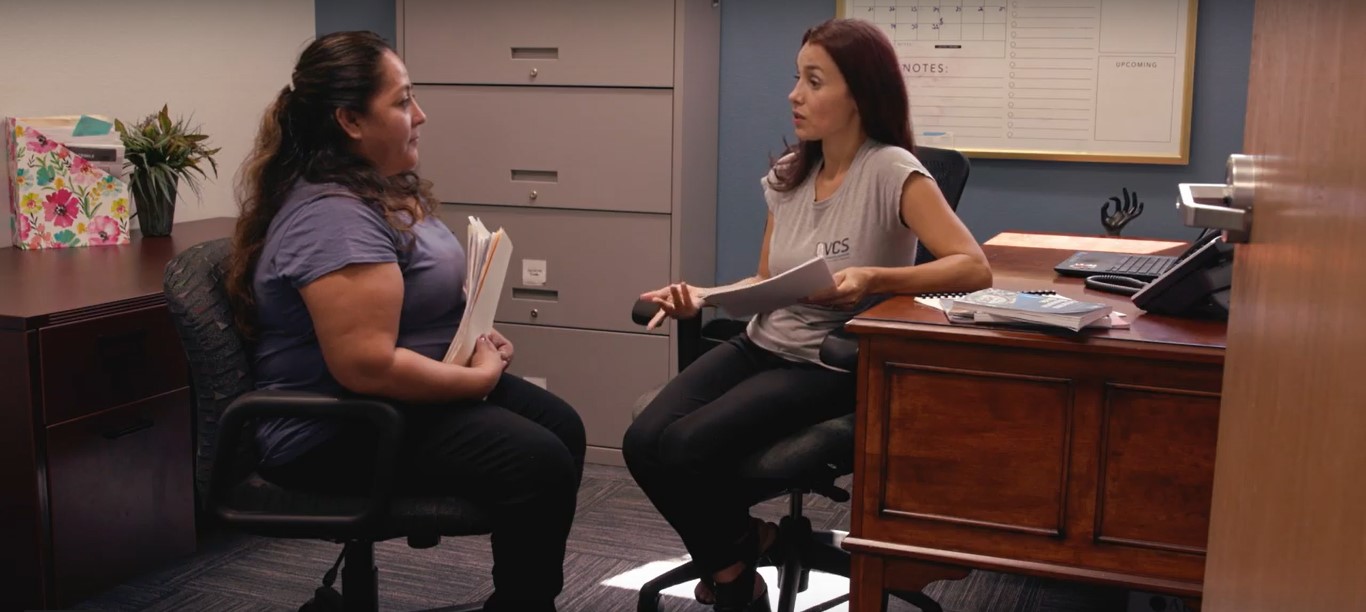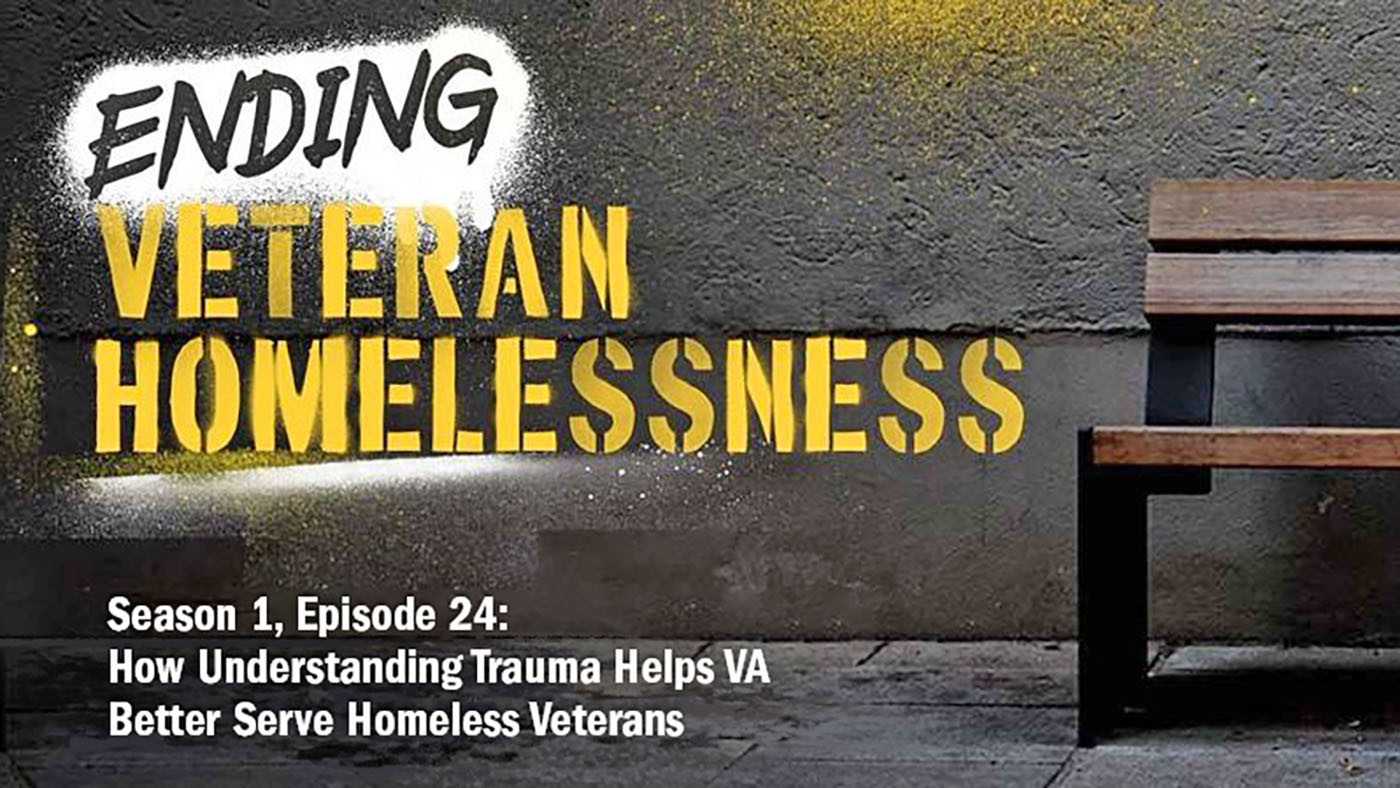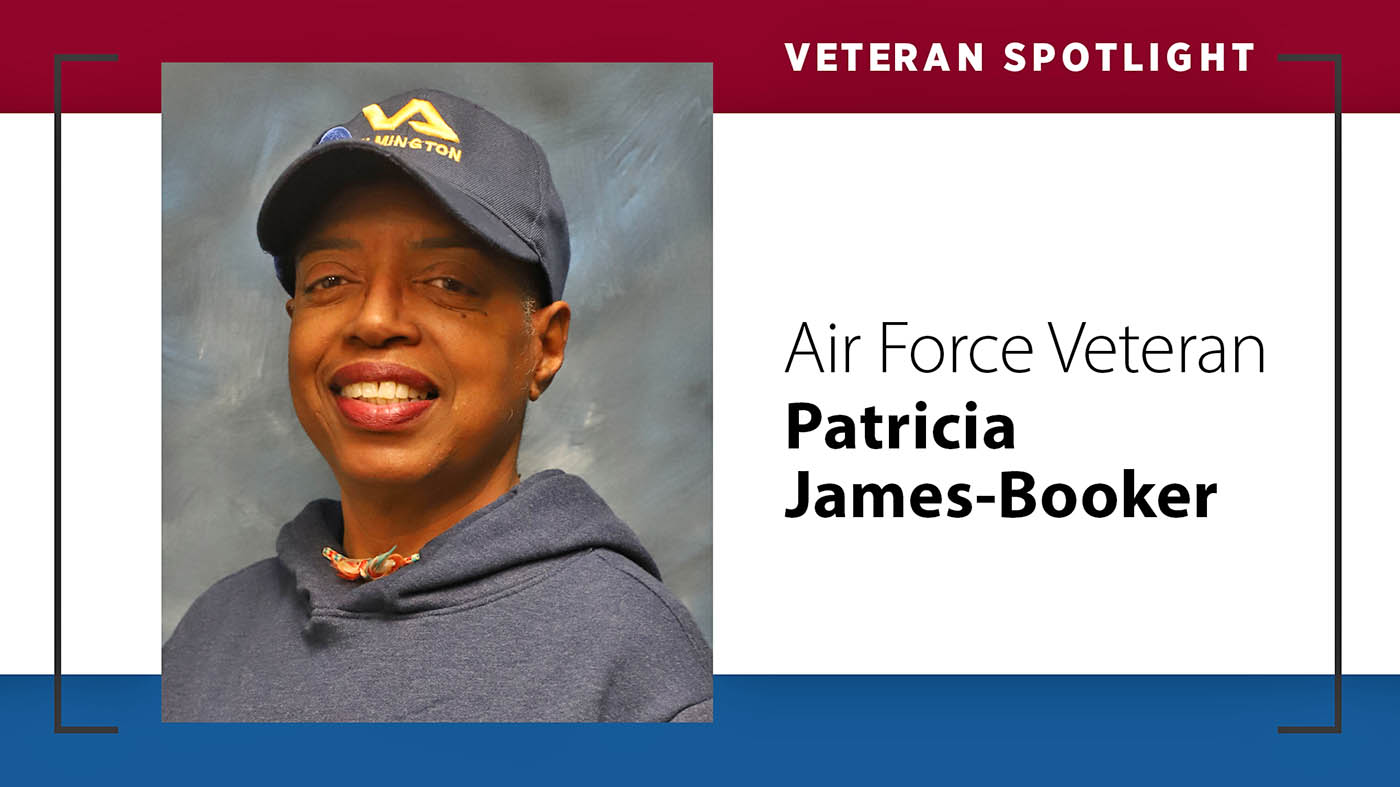VA provides a full range of programs and services to help Veterans who are homeless or at risk of homelessness secure stable housing and achieve independence. These resources are vital for all Veterans, especially women: Homelessness among female Veterans increased by 2% between 2018 and 2019, while homelessness among male Veterans declined by 3% during the same period.
Although women Veterans make up 10% of the Veteran population, their numbers have nearly doubled in the past decade, making them the fastest-growing segment of the Veteran population. VA research found that women Veterans are more than twice as likely to become homeless as women who did not serve in the military. Additionally, 1–2% of all women Veterans and 13–15% of women Veterans living in poverty will experience homelessness over the course of a year.
When a team of VHA researchers asked women Veterans experiencing homelessness to describe their “downward spiral” into homelessness, the experience of trauma before, during, and after military services was a common theme. Childhood adversity, substance abuse, relationship termination, military sexual trauma (MST), intimate partner violence (IPV), medical problems, a PTSD diagnosis, and unemployment were all associated with women Veterans’ experience of housing instability.
Homelessness for women Veterans may look different than it does for men. While men are more frequently on their own when homeless, women are more often accompanied by dependents. Men also are more likely to access emergency shelters or shorter-term transitional housing—programs often geared specifically for males. Women, however, tend to access VA homeless programs such as Supportive Services for Veteran Families and Housing and Urban Development-Veterans Affairs Supportive Housing. In addition to helping to prevent or rapidly end homelessness among Veterans and ensure long-term stable housing, these programs offer the flexibility that women need to ensure the welfare of their children and families. Women also may double-up with friends or family members, making it difficult to identify them as experiencing homelessness.
One way VA identifies Veterans who are experiencing or who are at risk of homelessness is to ask them questions about their housing when they present for outpatient care. Responses to these questions reveal that women Veterans both experience housing instability and access VA’s homeless programs more frequently than male Veterans.
Safe, affordable, and functionally adequate housing is an important platform from which Veterans are able to accomplish their goals, including supporting family and other relationships, attaining and maintaining employment, and addressing their healthcare needs.
Since 2009, when the White House and the Secretary of the VA announced the goal of ending Veteran homelessness, the number and types of services intended to prevent and end housing instability among Veterans have grown. This has led to a 50% reduction in the number of Veterans experiencing homelessness on any given day.
Further developments
VA continues to develop and implement innovative refinements to its homeless programs to address challenges to housing stability, such as limited or non-existent affordable housing in some communities, Veterans’ needs for longer-term housing subsidies, and the lack of social support. Further, research is ongoing to learn about the needs of women Veterans experiencing or at risk of housing instability and the best methods to address those needs.
By contacting their local VAMC or the National Call Center for Homeless Veterans, women Veterans can be immediately directed to programs and services that will provide them with the assistance and support they need to find or remain in a place they can call home.
Dr. Ann Elizabeth Montgomery is an Assistant Professor at the UAB School of Public Health in the Department of Health Behavior as well as an Investigator with VA’s National Center on Homelessness Among Veterans at the Birmingham VA Medical Center.
Topics in this story
More Stories
A unique program at Boston VA uses the principles of trauma-informed care to serve homeless Veterans with empathy and understanding.
An Air Force Veteran and volunteer faced homelessness but found housing with help from VA.
Navy Veteran Tim Healy could be serving a life sentence. Given a second chance, he now helps other justice-involved Veterans.







I too have had problems with the VA providing consistent help they just keep giving me phone numbers to contact this agency in that agency to no avail fortunately I am not presently not homeless but face eviction because I will not stop working at my part-time job where I am surrounded by people. the VA legal assistance has been a great help in preventing eviction and also informing my landlord he cannot do this but he is now withholding meals from me to force the issue. I temporarily have enough money to eat out but will run out soon because I am trying to save money for relocation
WOW, to hear the troubles other fellow vets have been thru.hang in there brothers and sisters . My local va clinic here in Watertown ny has the most sarcastic and rude telehealth nurse, PENNY, I have to be in the office first thing in the morning, why, cuz Penny says the sooner she gets the out of her room she can go home, I suffer from spondylitis and traumas on top of it, oh well go to VA hospital in Syracuse NY to get help and Dr. Dr Hiroshi, drove his thumb in my arms then rubbed the top of my legs and said if the thumbs hurt more than rubbing top of my legs I don’t need pain meds, had me take steroids that I am allergic to, that made me so sick the nurses on the ward said go home and see a local Dr to get help. My arms hurt terribly. I can still barely use them. Can’t hold anything for long due to pain, I was tortured, tortured by Dr hiroshi for complaining about Penny at the local va clinic, be VERY CAREFUL HERE. BROTHERS AND SISTERS
I’ve never been homeless, except for a short period when I was just out of the Air Force & my roommate wanted to move her boyfriend in.
I stuffed everything.
Years later, after my husband got registered w the VA, I decided to go speak with the coordinator at the local college. My experience & trauma were validated &, after awhile, I began to receive disability. I am currently working w a counselor & hope to be able to manage stressful situations in a more productive manner.
The SLC, UT VA is #2 in the Nation & they’ve been there for me. I see an Internist, once a year, am currently waiting, due to COVID-19, to see an Orthopedist to get a new hip, followed by work on the opposite knee, & my other hip.
I see specialists & residents at the VA; many physicians from the local Medical school volunteer at the VA. Not only physicians, but technicians of all kinds, also volunteer.
I appreciate their kindness.
So, while I’d probably NOT have received the help I needed in 1974, I AM getting it, now.
It breaks my heart to know my brothers & sisters are suffering & getting no help. There is a reason VAs are rated. It appears most of the poor ones are in the South. Come on, people! Call yr Congressman & Senator! Get hold of the President’s Office.
Let’s find a way to bring standards up!
In regards to the cedar Park tx office. Year and a half after trying to get
help nothing has changed. Shame on these people in this office and especially on the patient care advocate that laughed in my face when I told him I wanted his supervisor to get in touch with me! You are the most dispic able man I have ever met! You will be named in my story!
You want to know why veterans are commiting suicide at an alarming rate? Because of people like you. You are the problem. I will be heard! This system may have failed to help me but I will use my experience to out people like this and tell the people exactly what they are dealing with!!
This is all a bunch of lies.! I’m a combat veteran that has tried to get help from va in Texas for long time. I have suffered for years and have pleaded for help and read about all these programs that they say they offer and have gone to the cedar Park office for mental health help,employment help and help because I am homeless. All I have received is dirty looks by my primary physician, unreturned phone calls by the psychologist, I was told I should try the workforce commission for a job,and asked whether I have tried the salvation army because I didn’t qualify for homeless assistance because I was sleeping on someone’s sofa.i used to be proud of serving my country but now all I can do is look on in shame and disgust of how va treats the people that have been through and made the sacrifices like I have had to make and still suffer thru.I cry for the ones these days and pray for all vets trying to navigate this system and say to them GOD Bless you !